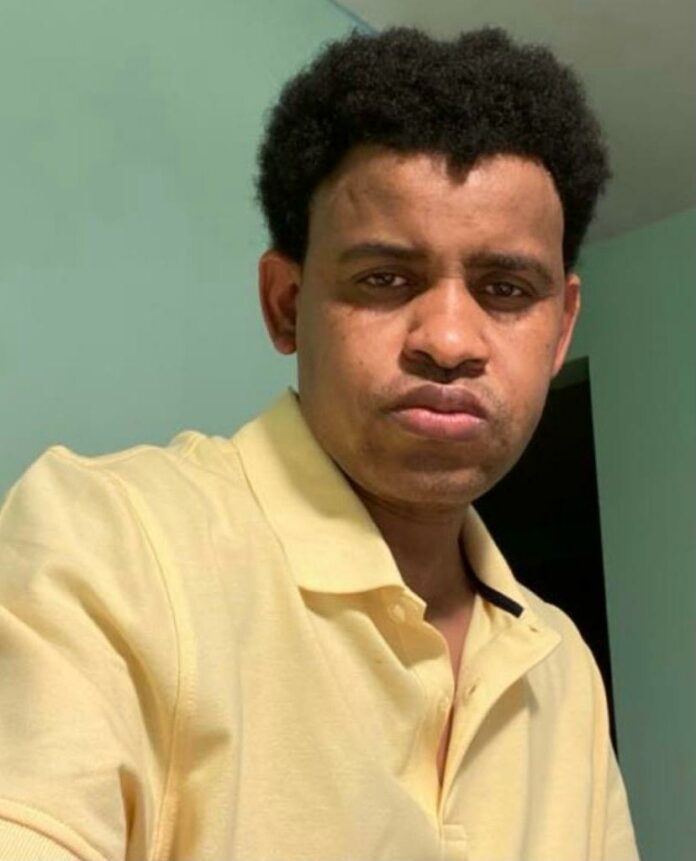OPINION
By Cherno Baba Jallow
Geography hasn’t been kind to The Gambia. Consider its size: The country is only 4, 363 square miles. Consider also its location. The country is in the heart of another country. But for its juxtaposition with international waters (read: the Atlantic Ocean), The Gambia would have been a fully enclaved state, one completely surrounded by another state. Like Lesotho surrounded by South Africa.
The Gambia, physically elongated and skinny, has been at the receiving end of contemptible mockery. My Guinean cousin once suggested, in jest, that The Gambia should consider annexation with Sénégal. “What is the point of having a small country like The Gambia exist on its own?,’’ he said. Being often reminded that yours is the “smallest country in mainland Africa’’ is annoying.
Annoying further, when your country is looked down upon because of its size. From the onset, when The Gambia finally extricated itself from the trammels of colonialism, doubts about the country’s chances of survival were already in motion. The country’s smallness, more than anything else, captured the American writer Berkeley Rice’s imagination in his groundbreaking 1967 book ‘’Enter Gambia: The Birth of an Improbable Nation.’’ It’s one thing for a young and newly-Independent country to lack the human and capital resources to run its own affairs. It’s quiet another, and a big one at that, for that country to be too minuscule to fight for its own survival. But The Gambia soldiers on, 59 years since the dawn of Independence.
Just a few days ago, The Gambia hosted a summit for the Organization of Islamic Cooperation (OIC), the second largest inter-governmental organization after the United Nations. It was a big deal for the micro state. Sure, only a few heads of states came. No matter. The fact that member states attended the summit and discussed global matters on Gambian soil is something to be proud of. Gambians should be in the habit of thirsting for occasions that put their country in the spotlight and give it some say in world affairs.
A few years ago, The Gambia’s international standing was in tatters. Former President Yahya Jammeh occasioned the country’s strained relations with the West and international civil society. He took The Gambia out of the Commonwealth. He threatened to withdraw the country from the International Criminal Court. From 1994 to 2016, The Gambia became infamous for what its leadership represented: authoritarianism, vanity and eccentricity.
In 2009, The Gambia hosted the African Union summit. Jammeh used it as an opportunity to position himself, to burnish his utopian pan-African ideals. He wanted to be seen as a regional leader, a deal-maker in the sub-region. But he bombed out. It’s hard for any leader to gain international credibility when your own backyard wallows in desolation.
In 1990, the late President Alhaji Sir Dawda Kairaba hosted a peace summit for Liberia during a brutal period of that country’s civil war. On October 24, 1990, the Banjul III Agreement was signed for the ‘’cessation of hostilities and peaceful settlement of conflict in Liberia.’’ The Banjul talks also discussed the idea of ECOMOG, the peacekeeping military force that eventually intervened in Liberia.
The ECOMOG experiment represented the first time a sub-regional group in Africa conducted military operations to return order and sanity to a troubled spot on the continent. The idea of sending soldiers to Liberia may have been conceived in Nigeria, but it was certainly fleshed out on Gambian soil. Perhaps, The Gambia was chosen for the venue of the Liberian peace talks because of its standing as a beacon of democracy, peace and stability in the sub-region.
“Democracy,’’ H. L. Mencken famously said, “is the theory that the common people know what they want, and deserve to get it good and hard.’’ In 2016, Gambians knew what they wanted and worked hard for it: a return to a political life free from muzzled speech, arbitrary arrests and detentions, forced disappearances and extra-judicial killings. But perhaps they also wanted their country to let go of its battered image and return to its halcyon days of international admiration. So, a resumption of constitutional order was key.
For The Gambia, the first African country visited by a sitting US president, one of the most peaceful on the continent and with the third strongest currency in the sub-region, its size hasn’t mattered after all. The country isn’t far-removed from the giants on the issues that bind nations together. And it’s well aware that to make up for its smallness and be an entity to reckon with in the international arena, it has to go big in the following: strong institutions, good leaders, peace, stability and democracy. The objective is to adhere to this mindset. Permanently.




